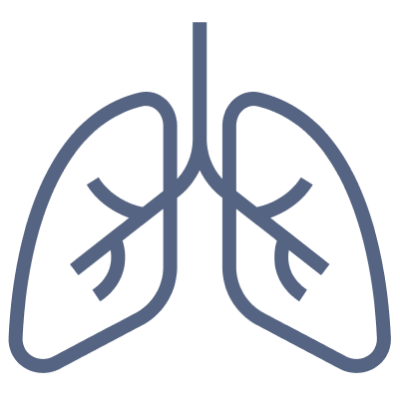Collection Method
CI05.12.01
Kit Requirements
Stool Test Kit
Turn Around Time
3-5 Business Days Turnaround times are estimates
Description
Secretory IgA (sIgA) is found in high concentrations in the secretions of the gastrointestinal, genitourinary and respiratory mucosal linings. The most recognised function of sIgA includes its role in ‘immune exclusion’ in which it prevents viruses, bacteria and other antigens adhering to and penetrating epithelial mucosa. SIgA may also inhibit inflammatory processes that damage the mucosa and preliminary evidence suggests that it may play a role in inducing an antigen specific immune response by a non-inflammatory mechanism. A sIgA deficiency may lower resistance to infection.
The gastrointestinal, genitourinary and respiratory mucosal linings represent extensive surfaces for potential assault by microbes. Secretory IgA (sIgA) is found in high concentrations in the secretions that bathe these mucosal cells where it acts as the chief antibody in the first line of immune defence. It is a very stable molecule which is resistant to degradation and therefore functions well in the harsh environment of the gastrointestinal tract. SIgA is thought of predominantly as a first line of defence as part of the innate immune response, whereas serum IgA is part of the adaptive immune response. In comparison to serum IgA, the functions of sIgA (secretory IgA) are not dependent on the specificity of the IgA molecule.
SIgA can prevent antigens, including viruses, bacteria and bacterial toxins and enzymes, adhering to and penetrating the luminal epithelial mucosa. SIgA complexes with the antigens which facilitates their elimination by peristalsis or mucociliary movements.
Analytes
- Secretory IgA
Test Method
EIA (Enzyme immunoassay)
Common Conditions
 Respiratory Health
Respiratory Health- Asthma
 Autoimmune and Immune System
Autoimmune and Immune System- Autoimmune disorders
- Recurrent Infections
 Other Health Conditions
Other Health Conditions- Coeliac disease
- Food sensitivities
- Viral infections
Notice To Patients
NutriPATH practices in the usual practitioner-referral system for pathology laboratories. Patients are highly recommended to seek the supervision and guidance of a qualified healthcare practitioner for the interpretation of any lab results and associated information. NutriPATH can offer assistance in locating a suitable practitioner.
How it works
Step 1
Order test
Your referring practitioner will place this order via their online portal.

Step 2
Collect Samples
A test kit will be dispatched to you and you can conveniently collect your sample in the comfort of your home.

Step 3
Return Samples
Return samples for analysis via the provided courier packaging.

Patient resources
Our highly skilled and qualified team have created a service where patients can easily gain access to a wide range of pathology testing options.
Practitioner resources
As a leader in the industry, practitioners are able to trust in our ability to provide them with the technology they need to adequately test their clients and patients.









